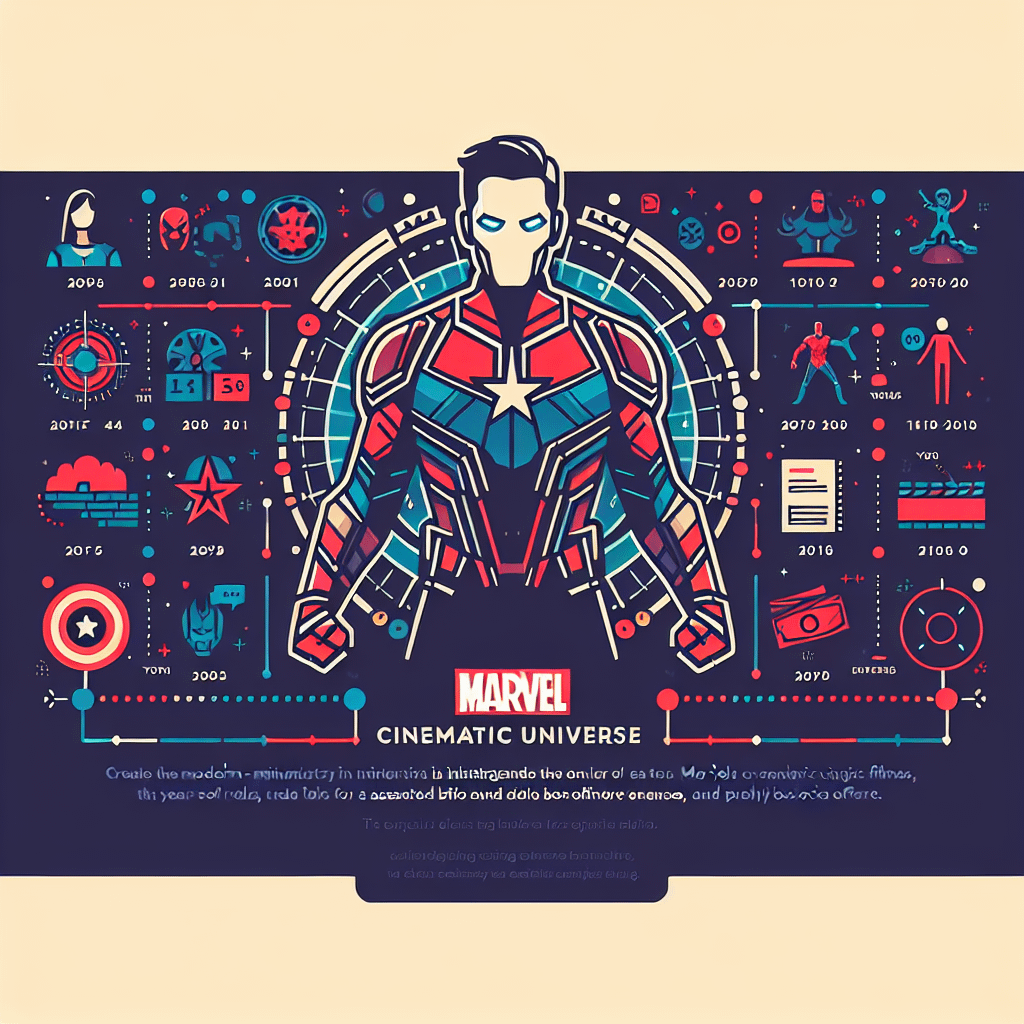Stephen King Denounces Portrayal of Violence in Superhero Movies: “Bordering on Pornographic”
In a recent shocking revelation, prolific horror novelist, Stephen King, has publicly criticized the depiction of violence prevalent in contemporary superhero movies. King, known for his frank and straight-to-the-point comments, went as far as comparing the violence shown in these films to pornographic content.
King’s Argument: What Did Stephen King Really Say?
Forefronting the criticism of violence in superhero films, King raised his concerns during an interview with The Hollywood Reporter. The esteemed author elaborated on his sentiments, feeling that the degree of violence shown has soared to an alarming level, one he hesitates to call pornographic.
Putting His Points Into Perspective
In an era where superhero movies reign supreme at the box office, King’s words might seem like a paradox. The author of macabre masterpieces like ‘Carrie’ and ‘It’ voicing concern about screen violence might appear hypocritical. However, King differentiated between the graphic horror in his books and the violence shown in superhero movies, the latter being more gratuitous and less contextual.
Superhero Movies Under the Scanner
Superhero movies showcase larger-than-life characters bearing extraordinary powers, fighting for justice, freedom, and the greater good. However, the violence portrayed in these films has often been the subject of debate. Critics say that the constant representation of violence can make it seem normal or acceptable, especially to young audiences who idolise these superheroes.
Understanding the Impact on Young Audiences
According to King, superhero movies should bear a social responsibility, especially as they attract a wide range of audiences, including young viewers. The gratuitous violence might set a disturbing precedent for these impressionable minds, hinting at an unhealthy fixation.
Industry Reaction to King’s Comments
Stephen King criticizing superhero movies’ depiction of violence has sent ripples through the movie industry. There’s been a mixed response, with some supporting his stance, calling for a reassessment of the degrees of violence portrayed. Others are pushing back, arguing that the films are merely a form of escapism and that their violent content is not meant to be taken literally.
The Road Ahead: A Shift in Superhero Portrayal?
King’s strong stance adds another layer to Hollywood’s ongoing conversation about the exploitation and glorification of violence in movies. It remains to be seen if King’s remarks will encourage industry insiders to rethink the representation of violence in superhero movies and set a new tone of responsibility. Will the industry take this as an opportunity to reshape the superhero genre? Only time will tell.




